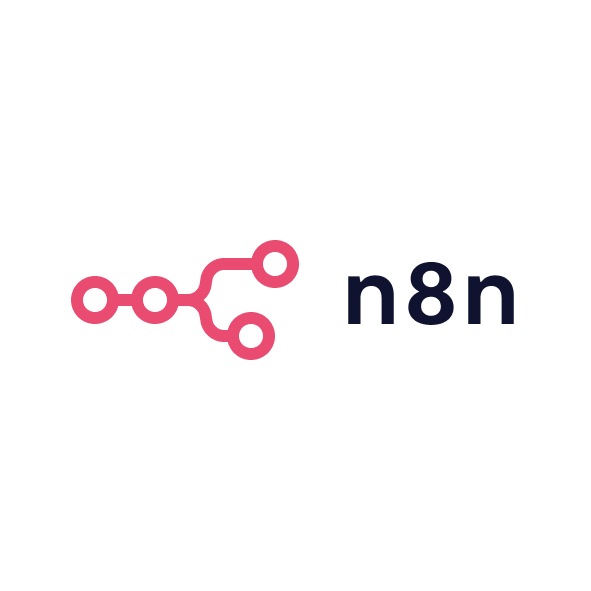Aircall stands out as a modern voice platform designed specifically for B2B sales and support teams. Unlike clunky legacy phone systems or VOIP tools built for general use, Aircall is made for integration. That’s its biggest strength.
It connects directly with your CRM and helpdesk stack, meaning your reps and agents no longer need to switch tabs or copy-paste notes. Every call, contact and outcome is synced in real time with tools like Salesforce, HubSpot, Intercom, Zendesk and Pipedrive. If you already use these platforms, Aircall becomes the connective tissue that ensures call activity is tracked, useful and visible in your pipeline or support reports.
For sales teams, that means click-to-dial from within your CRM. Every inbound and outbound call is logged automatically, with notes, tags and recordings attached. It removes friction and creates better data hygiene, which translates into clearer forecasting, cleaner handovers and faster onboarding for new reps. Call whispering, live coaching and analytics dashboards help managers keep quality high without micromanaging.
For customer support, Aircall turns inbound volume into an organised flow. IVR trees, smart routing and fallback options ensure no call gets lost. When integrated with Intercom or Zendesk, the caller’s profile and ticket history appear immediately reducing handle time and improving resolution rates. You can also automate post-call surveys or trigger workflows based on outcomes.
From a RevOps perspective, Aircall is a reliable source of structured call data. You can segment by rep, topic, duration or outcome, then push that data into your BI tool, CRM dashboard or reporting suite. Combined with email and chat metrics, it gives you a more complete view of performance across the funnel.
Aircall’s setup is relatively simple: no hardware, no onsite installation, just a web app and optional mobile app. Admins can manage users, numbers and permissions centrally, and local presence is available in 100+ countries. You can assign numbers to teams, campaigns or territories, and port over existing numbers if needed.
It’s worth noting that Aircall is priced for growing teams, not scrappy startups. But if you’re serious about professionalising your communication and removing data gaps between calls and CRM, it’s a solid investment. The more calls you make or receive, the more Aircall pays off.
In short, Aircall helps sales and support work faster, measure more, and align better. If your current call setup feels disconnected or invisible to the rest of your stack, this tool is the fix.




